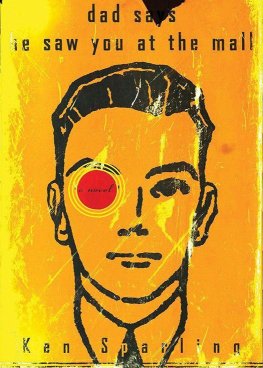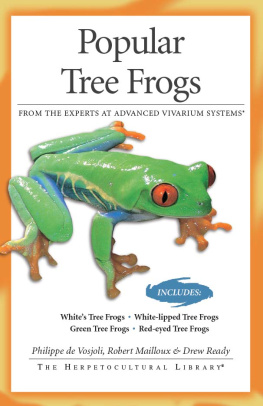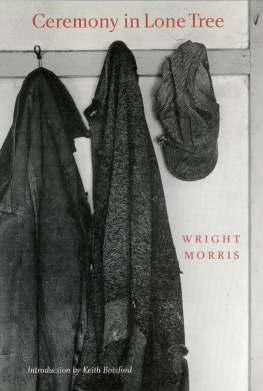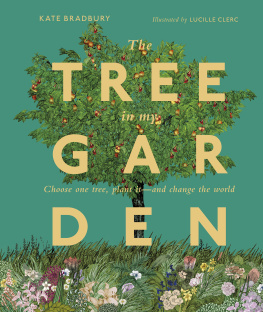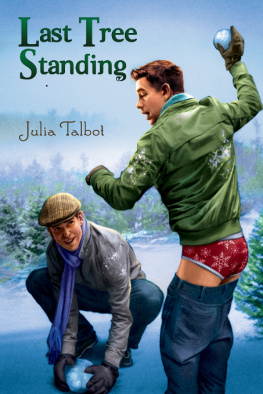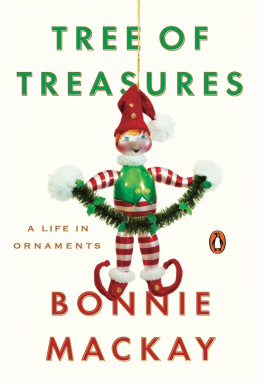Ken Sparling - Dad Says He Saw You at the Mall
Here you can read online Ken Sparling - Dad Says He Saw You at the Mall full text of the book (entire story) in english for free. Download pdf and epub, get meaning, cover and reviews about this ebook. year: 2012, publisher: Mud Luscious Press, genre: Prose. Description of the work, (preface) as well as reviews are available. Best literature library LitArk.com created for fans of good reading and offers a wide selection of genres:
Romance novel
Science fiction
Adventure
Detective
Science
History
Home and family
Prose
Art
Politics
Computer
Non-fiction
Religion
Business
Children
Humor
Choose a favorite category and find really read worthwhile books. Enjoy immersion in the world of imagination, feel the emotions of the characters or learn something new for yourself, make an fascinating discovery.
- Book:Dad Says He Saw You at the Mall
- Author:
- Publisher:Mud Luscious Press
- Genre:
- Year:2012
- Rating:3 / 5
- Favourites:Add to favourites
- Your mark:
- 60
- 1
- 2
- 3
- 4
- 5
Dad Says He Saw You at the Mall: summary, description and annotation
We offer to read an annotation, description, summary or preface (depends on what the author of the book "Dad Says He Saw You at the Mall" wrote himself). If you haven't found the necessary information about the book — write in the comments, we will try to find it.
Dad Says He Saw You at the Mall — read online for free the complete book (whole text) full work
Below is the text of the book, divided by pages. System saving the place of the last page read, allows you to conveniently read the book "Dad Says He Saw You at the Mall" online for free, without having to search again every time where you left off. Put a bookmark, and you can go to the page where you finished reading at any time.
Font size:
Interval:
Bookmark:
Ken Sparling
Dad Says He Saw You at the Mall
PRAISE FOR DAD SAYS HE SAW YOU AT THE MALL
Back in 1996, Ken Sparling published a novel that was unlike any novel I had ever read before and I was amazed by what he had done. That novel was Dad Says He Saw You at the Mall. Its years later now and Im still amazed by the book every time I re-read it.
Michael Kimball, author of Us and Big Ray
Ken Sparlings 1996 classic might have been out of print for almost a decade and a half, but its virtuosities have hardly been forgotten and have hardly gone unloved to death. What a joy it is, though, to see this piercingly funny, nervous, and thrillingly sad novel-in-fragments available at last for a new generation of readers to discover its loopy domestic lyricism of the shifting lonelinesses and companionate spells at the heart of contemporary marriage. I envy anyone reading Dad Says He Saw You at the Mall for the first time.
Gary Lutz, author of Divorcer and I Looked Alive
When I first read it as a young writer, Dad Says He Saw You at the Mall was my bible. I read it, reread it, and even read it to other people. It felt like a revelation, a masters class in writing. It taught me it was still possible to create a kind of literature that was utterly new, and all these years later it still stands alone as a novel unlike any Ive ever read. Dad Says rips the veil off our most private thoughts and gives voice to the feelings we spend most of our lives trying to repress or just plain ignore. With economy, tenderness, and great humour, Sparling not only lays to waste our notions about what a novel can be, but also what being in the world can be. This is a brutal book.
Jonathan Goldstein, author of Lenny Bruce Is Dead
~ ~ ~
FOR TUTTI
When someone asked me what Dad Says He Saw You at the Mall was about, it felt like Id seen a beautiful tree and struggled to describe it to someone, only to have that someone say: Yes, but what is the tree about? You wouldnt know how to answer that question. It isnt the right question. The tree wasnt ever about anything. It was just beautiful.
I always start out with nothing but intent when I go to make a book. I always already want to make a book long before I have any words written to go in the book. I never have any idea what I want the book to be about before I make the book. And I continue to have no idea what I want the book to be about until I am finished making the book; and even then, when I am finished making the book, I still dont know what I want the book to be about.
For me, making a book is the same as trying to find out what the book will be about.
Making a book is the same as trying to find out what it means to make a book.
~
You can feel intent without having a specific intention. You can be intent without knowing what you intend.
In making a book, I am exploring the implications of my intentions within the context of creating a novel. What are the implications of attempting to bend raw, empty, intent, utterly devoid of content, into form? I begin in intention. But intention crumbles. In the face of the world around me, intention falters. It flounders. It fills with faults.
Only a feeling can be whole, and only by assigning meaning to that wholeness do we disrupt that wholeness long enough to understand it as a whole. Intention begins as a feeling of wholeness, the way only an empty feeling can feel whole. Nothing remains whole insofar as nothing remains entirely empty of anything; as long as it remains nothing, it remains whole.
As soon as we assign something to nothing, as soon as we attach meaning, words, implications, decisions to the nothing we feel initially in our intentions, our intentions seem to fall apart.
My intentions lose their feeling of wholeness in the push and pull of the worlds intentions. All around me, in what might be perceived as the intentions of god or of fate or of blind fortune or of misfortune, are the fragments of story that attach themselves to the feeling of intent I begin with.
The wholeness of intent doesnt disintegrate into fragments, it pulls fragments to it like iron filings to a magnet, until the weight of the fragments pulls the wholeness of intention down and kills it.
This is what a novel is: the struggle to defeat the death of intent; the on-going struggle to rescue, to preserve, to maintain the wholeness of intent even as it gathers the fragments of story to it, so that the wholeness of intent shines through every fragment of story the novel gathers. Intent, not story, holds the novel together; intent is the struggle to remain whole in spite of story.
~
How does a system of organization where making is the same as finding out how to make keep from collapsing in upon itself? How does a writer move forward within a system that seeks to stay where it is, as a means of determining what it means to move forward?
Ive never been very good at planning in any traditional sense and a lot of what we do in this world involves planning. This sort of pisses me off. This doesnt mean that Ive given up on the idea of planning, just that it pisses me off that I seem to have no choice but to plan.
Not being very good at planning has forced me to think hard and constantly about what it means to plan. And, while all this thinking about planning might not have made me any better at planning, I think that I have come to embody in my writing a system of organization. Dad Says He Saw You at the Mall is the foundation of that system.
Some might say that my novels are not organized at all; but if the work I do in developing a book involves an enormous amount of reflection on the idea of planning, even if that reflection is evoked through a kind of anger about having to make plans, then I think that what some might call a lack of organization is more likely a different manner of being organized.
A person who is good at planning will always look conventionally organized; that is, organized in a manner that is authorized by convention, by repeated exposure to its own manner. Convention shelters a shared manner of being. Like pop music, the melody may be new, but the structure that shelters the melody (rhythm, timbre, harmony, etc.) remains stubbornly consistent.
Conventional organization will never question or attempt to influence the nature of organization, because as soon as the plan falls into question, it begins to look less organized to anyone who understands organization as a manner of sheltering within the authority of a plan.
Those who seek organization in a plan know when something is organized because it looks like it is organized. Strange as this may sound, it is what we do. We root our understanding of organization in what we have already come to understand as organized.
But truly being organized means the same as truly being anything. It means truly being. It means existing as an example of what it means to be.
~
Our goal in organizing our project of addressing a book is to get to where we are hoping to be at the end of our project, but without, at any given point throughout the project, knowing where we are hoping to be at the end of our project.
We hope for an outcome in order to experience hope. The outcome we hope for in experiencing hope is no outcome at all, for the outcome of hope comes always at the end of hoping for that outcome, and so comes to be the end of hope.
The writer who is able to aim for the end of the project without ever knowing what that end will be, opens to the reader the moment of intention hidden within the fragments of the story, offering the reader an opportunity to experience a wholeness of intention unavailable in the incremental manner of organization embodied in the story.
Font size:
Interval:
Bookmark:
Similar books «Dad Says He Saw You at the Mall»
Look at similar books to Dad Says He Saw You at the Mall. We have selected literature similar in name and meaning in the hope of providing readers with more options to find new, interesting, not yet read works.
Discussion, reviews of the book Dad Says He Saw You at the Mall and just readers' own opinions. Leave your comments, write what you think about the work, its meaning or the main characters. Specify what exactly you liked and what you didn't like, and why you think so.

